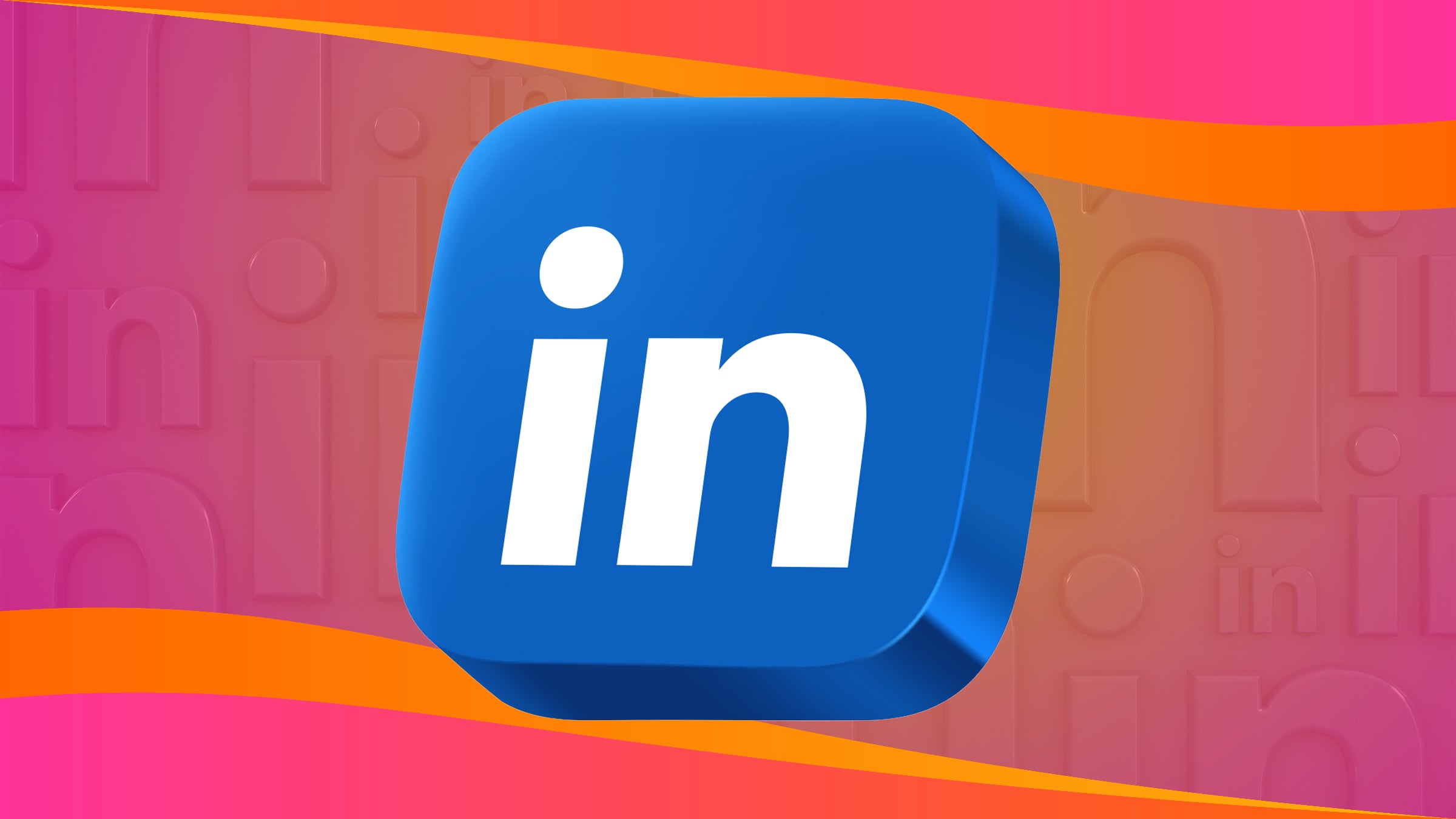
Earlier this week, in a viral LinkedIn post, creator economy producer Ashley Woods described how her “anti-Cinderella story” resonated with users. The post was about how, despite being featured in Forbes, she was also working as a DoorDasher. Woods explained that she got a lot of messages from people who could relate to her situation, but the worst part, for her, was folks reaching out to have “coffee meetings.”
“Since I went viral, all people wanna do is take me to coffee meetings,” she wrote. “And I HATE it!”
Woods then went on to explain that she hated “coffee meetings” for three reasons: it strokes the other person’s ego, they’re unwilling to give her a “big break,” or can’t do anything of the sort for six months.
“So I’m just gonna say it,” she continued. “Coffee meetings are unpaid labor. I give you a bajillion ideas for your hipster creator economy startup, and then? You ghost.”
“So no,” she added. “I’m not doing coffee meetings anymore…. unless they’re paid. I have a Calendly now […] Yes, it costs money. Why? Because networking doesn’t pay my rent. DoorDash does. But I know I can change that. I’m smart.
I’m inventive. And I tell stories that matter….even if it’s just in the word processor on LinkedIn.”
“My last LinkedIn post got 1500+ likes… and I wrote it from my iPhone in a parking lot,” she concluded. “Now imagine what I’d do if you paid me. If I tried. If I put effort in. I can build your next great empire. Just not for the price of a latte.”
While going viral on other platforms often leads to direct monetization, many LinkedIn creators find themselves receiving little in the way of tangible rewards. In the broader creator economy, networking is constantly stressed as crucial. However, as Woods prompts us to consider, does this networking consistently yield concrete benefits, or are we perhaps entering a post-networking era?




